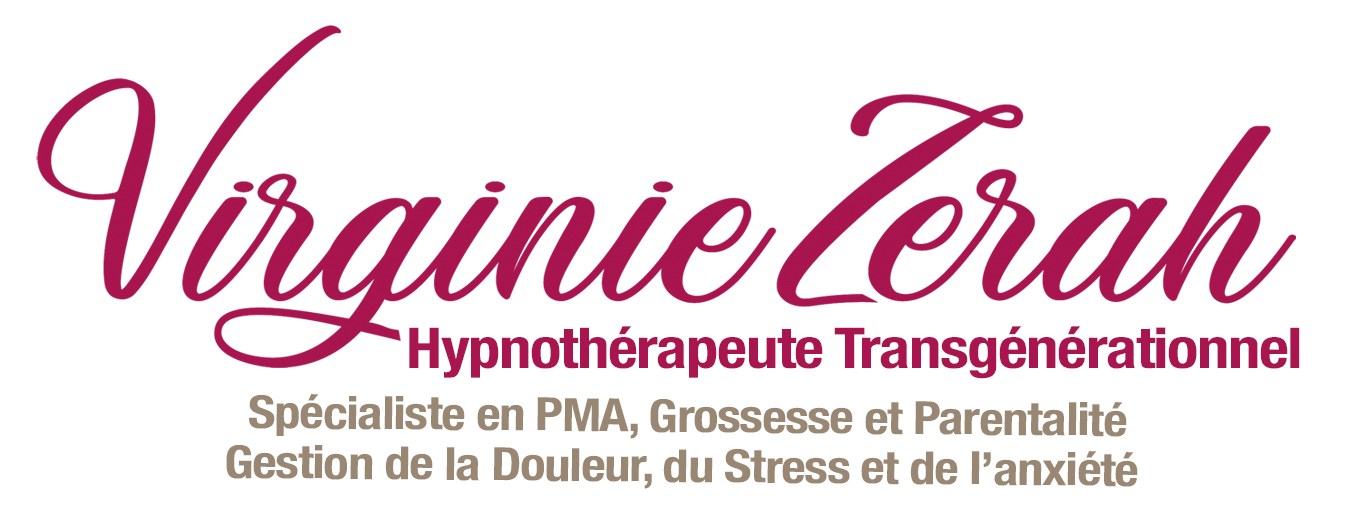🤱 Mother’s milk is indeed a wonderful gift you’re giving your baby.
Women ask themselves lots of questions when they start breastfeeding their baby:
❓ I just gave birth; why don’t I have any milk?
❓ Is my baby getting enough milk?
❓ Does my milk have enough nutrients for his growth?
❓ Will my baby gain enough weight on my milk?
❓ Should I weigh him to check?
❓ How long should I wait between feedings?
🍼 Called the colostrum, the first milk you produce is a genuine goldmine of goodness for your baby. 💛
If you have chosen not to breastfeed, at least try giving your baby this special gift 🎁 when he’s born with a welcome breastfeeding.
It will give you a chance to experience nursing, and may make you want to continue.
🦠 Colostrum is very high in bacteria that will protect your baby 🛡️ by boosting immunity at birth and helping flush out the first stool.
These good bacteria stay in the intestines and will protect him for life. 💪
This liquid is extremely rich in minerals and proteins ⚡ that will restore his strength after the tiring process of being born.
👩🍼 Moms, don’t overthink it: as soon as your baby is born, start breastfeeding with the help and advice of a midwife👩⚕️.
🏠 When you get back home, don’t hesitate to call upon a perinatal guide, coach, or lactation specialist 📞 who will give you lots of helpful tips for you and your baby.
💡 The Key to Breastfeeding is Support
🫂 You’ll need reassurance and good guidance, especially in the first few days and throughout the first few weekswith your baby.
🤱 A self-assured mom is a confident mom who feels at ease.
One of the most important things for successful breastfeeding is how calm the mother is. 🧘♀️💖
🧪 The hormone oxytocin is actually what makes the milk flow.
💺 Always remember to get into a comfortable position with your back propped up well with cushions, and put on some relaxing music 🎶 to help you unwind.
📞 I’m a lactation advisor 🤱, so don’t hesitate to contact me if you need guidance in those first precious days.
📝 A Testimonial from Vanessa, whom I helped with HypnoBirthing before supporting her with nursing:
💬 “And postpartum was a drastic change compared to my first baby. That followed the maternity leave. I had decided not to breastfeed my first baby, but for my second, Virginie had given me so much information about it while I was pregnant that I felt ready 🤰. But saying it and doing it are two different things.
👩⚕️ The birthing center does everything to help us, but the midwives and the pediatric nurses all come in with their own opinions, which of course are different. So I didn’t know what to do. Virginie is always available and incredibly attentive 💖. She guides me through each stage step-by-step. This unwavering support enabled me to confidently put together a nursing plan. I achieved what was so important to me thanks to her.
🌸 It’s postpartum guidance that’s unbelievably reassuring, and it feels amazing. So I only have one thing to say, and that’s thanks from the bottom of my heart, Virginie 🙏 and I recommend her to every mom!” 💕










